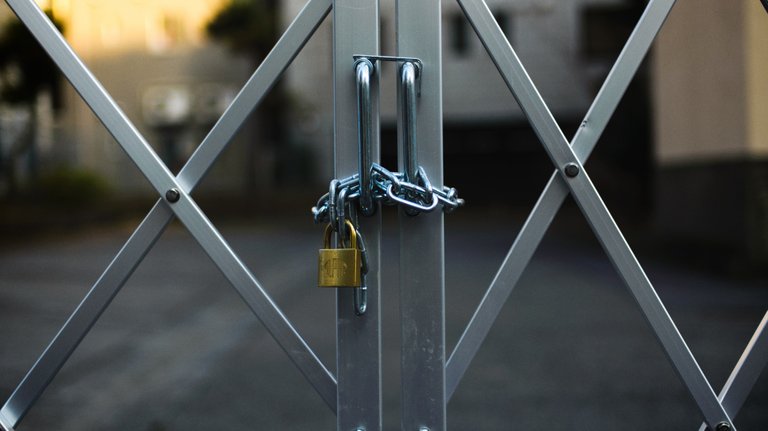Welcome to part 2 of my series 'How to store your crypto'
This series is all about sharing my insights storing cryptocurrencies in a secure way and hopefully, you won't join the people who have lost crypto due to bad management.
Part 1 - How to store your Crypto is available here: https://steemit.com/sct/@bitcoindelight/how-to-store-your-crypto
When I got started with crypto three and a half years ago, it was pretty much a no brainer. One bitcoin was traded around ~400$ and it was still a very niche idea to put any money into it. So tech-savvy people who were into mining just needed a reliable way of storing Bitcoin when they got their hands on bitcoins or any other cryptocurrency.
Question #1 to ask yourself: What cryptocurrency do I have? A few years ago, if you were pretty new to the crypto space chances were pretty high that you got interested in an article talking about bitcoin. So you started to look at ways how to get bitcoins. And hopefully, you managed to find a way to get your hands on some Satoshis through an exchange, a friend, mining, a faucet, etc. Most likely your first Satoshis were stored on an online platform. I remember users reported constantly losing bitcoins but not storing them on their own wallets. There was and still is a meme out there: Not your keys, not your bitcoins - and as far as I am aware of it refers to the Mt Gox 'hack' which happened years ago. People lost their bitcoins because they were stored on a crypto exchange called Mt Gox. This platform claimed that they got hacked and whooosh all Bitcoins were lost. Not sure how the lawsuit turned out...anyways :)
These days - especially if you are reading Publish0x - and if you have followed the crypto space for a few months you are aware that there are plenty of other cryptos out there like Litecoin, Ethereum, Monero etc. A quick look at coinmarketcap.com will pretty much reveal how many different cryptocurrencies are available. No matter what crypto you are interested you will come across a few common concepts especially when you google for a wallet by typing the name of your cryptocurrency plus wallet - light wallets, wallets which require to synchronize with the full blockchain of your cryptocurrency, software and hardware wallets, etc.
The next few days I will cover some of the basics for you.
Conclusion: Write down which cryptocurrencies you have and want to store in a wallet managed by yourself? Keep in mind that the reason why you want to store your cryptos in a wallet managed by yourself is that you want to be able to access the private keys for your bitcoins or other cryptos. Who owns the private keys of a crypto address, owns the coins.
Excursion: What is a private key for bitcoin? It is part of every crypto wallet and will prove that you own the public address people can send bitcoins to by signing transactions. If someone is able to extract the private keys from your wallet, your wallet is compromised, and you can consider your bitcoins as lost.

Congratulations @bitcoindelight! You have completed the following achievement on the Steem blockchain and have been rewarded with new badge(s) :
You can view your badges on your Steem Board and compare to others on the Steem Ranking
If you no longer want to receive notifications, reply to this comment with the word
STOPVote for @Steemitboard as a witness to get one more award and increased upvotes!